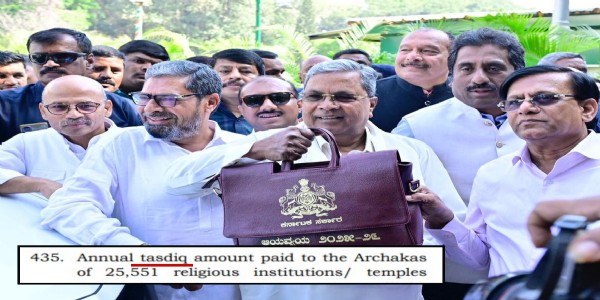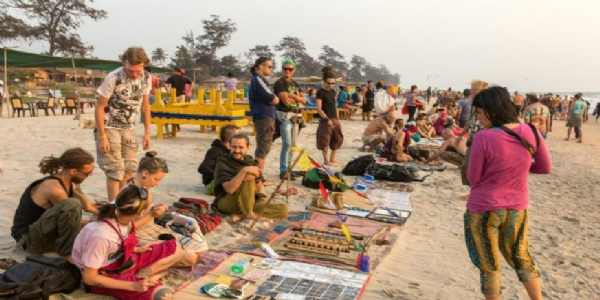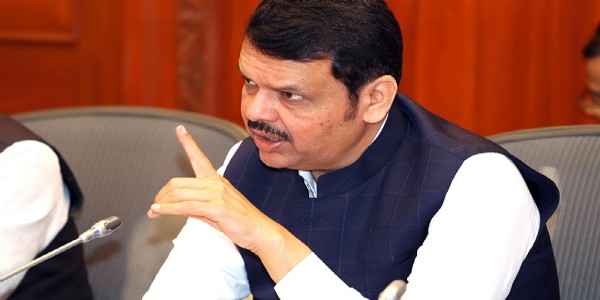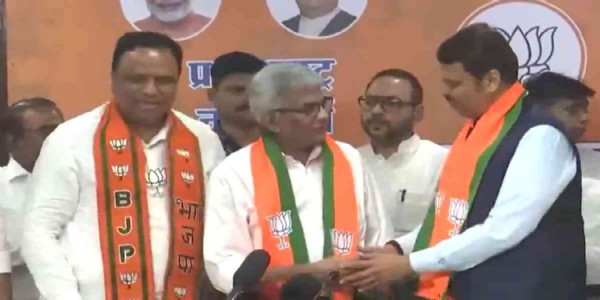Hilarious! Sharad Pawar taunts Uddhav for his lack political acumen, and says he gave up without a fight
In the book, Pawar wrote that the formation of the Maha Vikas Aghadi (MVA) of the Congress, NCP, and Shiv Sena was not just a "power game" but a strong riposte to the Bharatiya Janata Party"s tendency to finish off the importance of other political parties by hook or by crook.
Total Views | 104
Mumbai, May 03: Shiv Sena (UBT) leader Uddhav Thackeray failed to quell the discontent within his own party and resigned as Maharashtra chief minister without putting up a fight, Nationalist Congress Party (NCP) leader Sharad Pawar said in the revised version of his autobiography released on Tuesday.
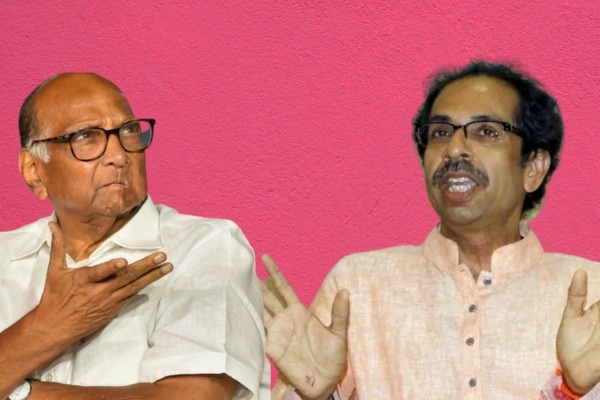
He and others also sensed a lack of political deftness in Thackeray, something which a chief minister needs, Pawar said as quoted by news agency PTI.
In the book, Pawar wrote that the formation of the Maha Vikas Aghadi (MVA) of the Congress, NCP, and Shiv Sena was not just a "power game" but a strong riposte to the Bharatiya Janata Party's tendency to finish off the importance of other political parties by hook or by crook.
"It was expected that there would be attempts to destabilize the MVA government, but "we did not anticipate that there would be a storm within the Shiv Sena due to Uddhav Thackeray becoming chief minister," he said.
@OfficeofUT ji तुम्हीं राजकारणात किती कमजोर आहात @PawarSpeaks साहेबांनी स्पष्ट शब्दात सांगितले आणि तेच शिंदे गटातील लोका म्हणतात
— DK (@dkawte) May 3, 2023
Uddhav Thackeray lacked political acumen, failed to quell revolt: Sharad Pawar - https://t.co/cZLNPHLbr0
"The Sena leadership fell short in quelling this outburst of discontent. As Uddhav resigned without putting up a fight (after Eknath Shinde and other Sena MLAs rebelled against him in June 2022), the MVA's stint in power came to an end," he added.
The NCP leader noted that a chief minister needs "political acumen" and must remain well-informed about political goings-on, and “we all felt that these things were lacking", PTI reported.
He attributed it to Thackeray's inexperience. While the middle class liked Thackeray's interaction with the people through Facebook Live during the Covid-19 pandemic, it was difficult to fathom why he chose to visit the Mantralaya, the government's headquarters, only twice during this period, Pawar wrote.
Bharati Web



